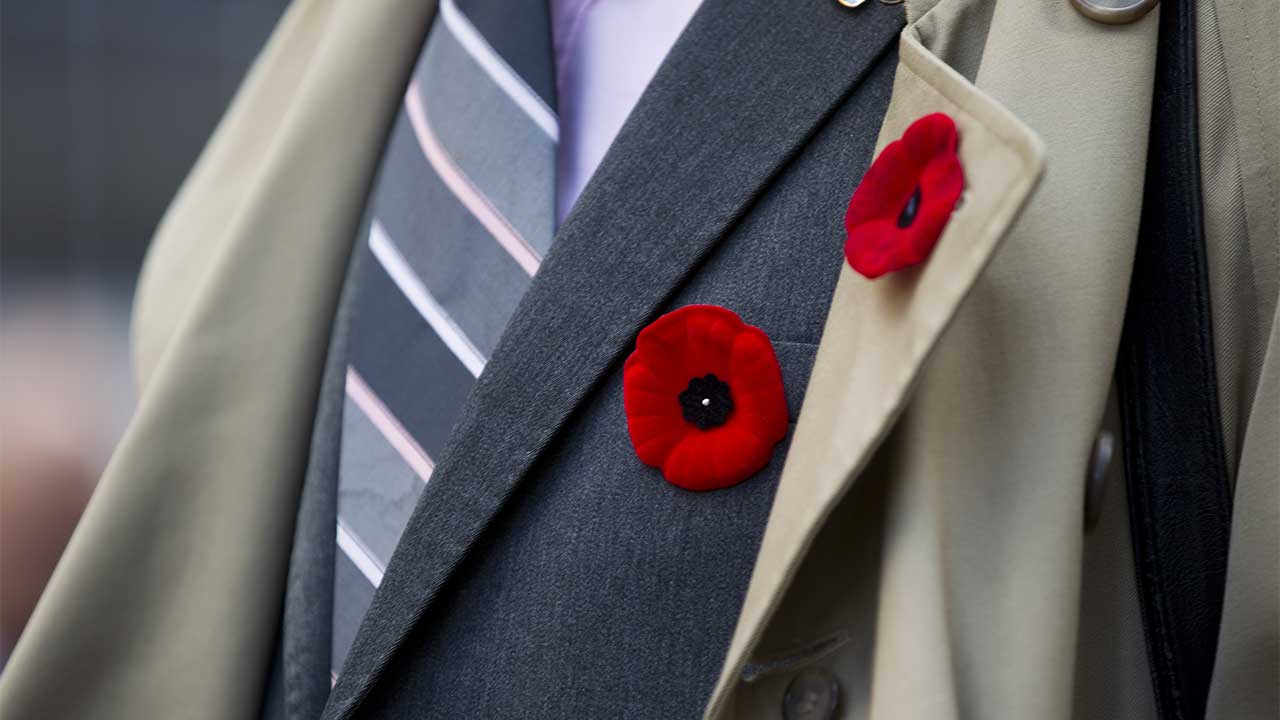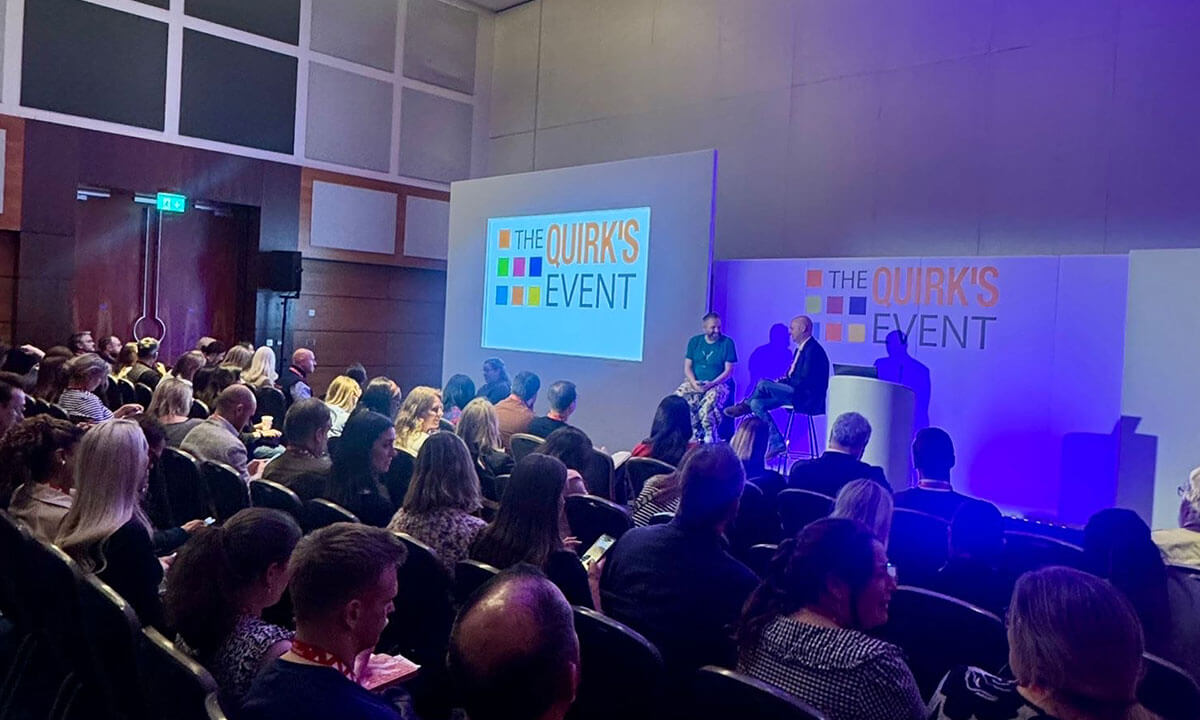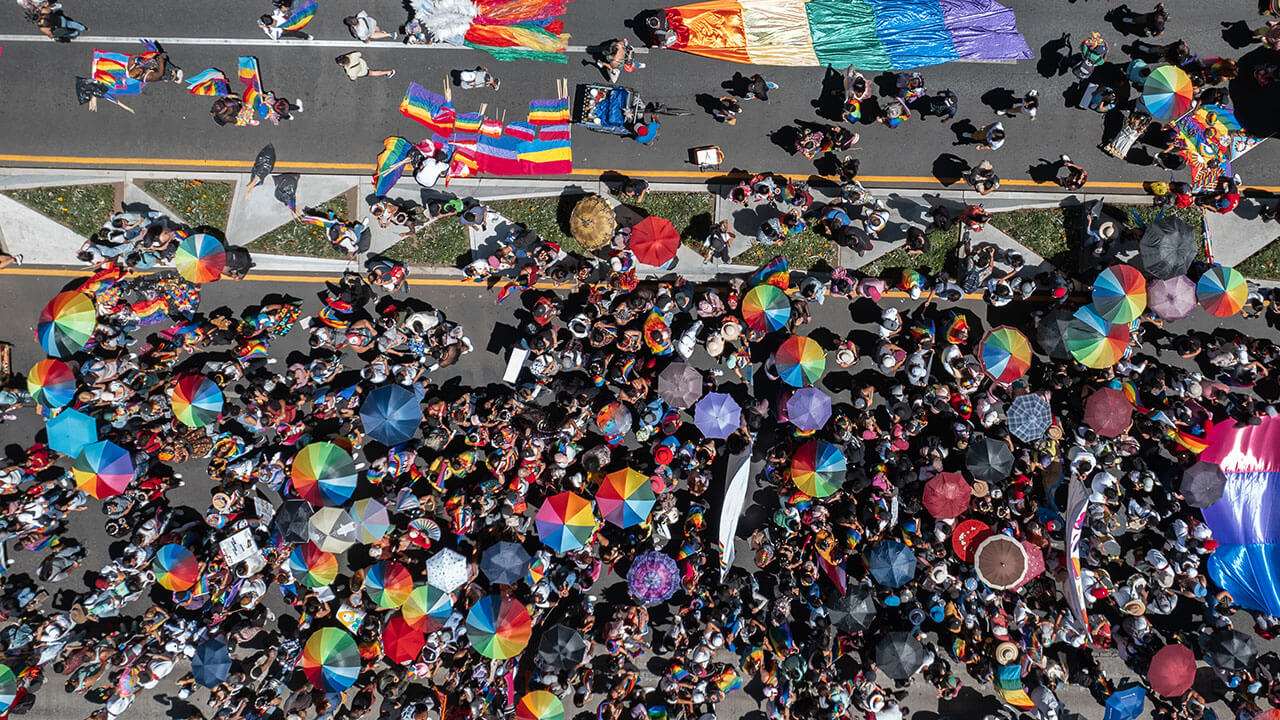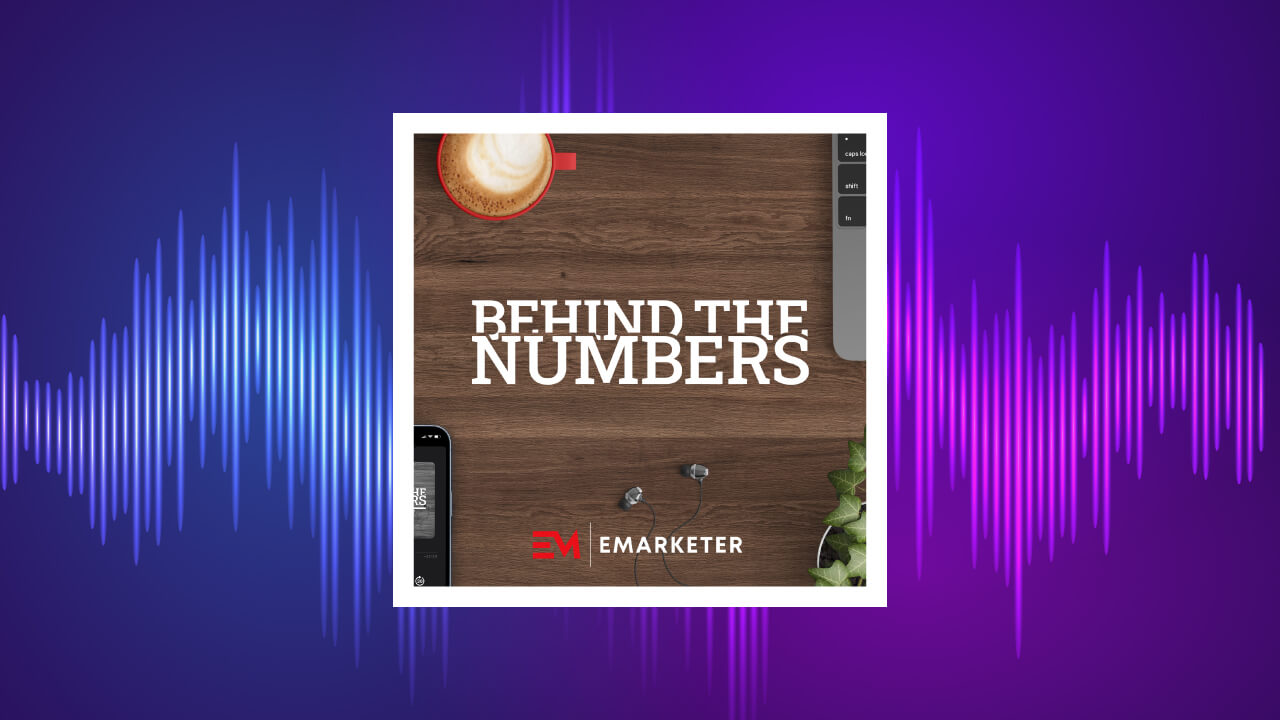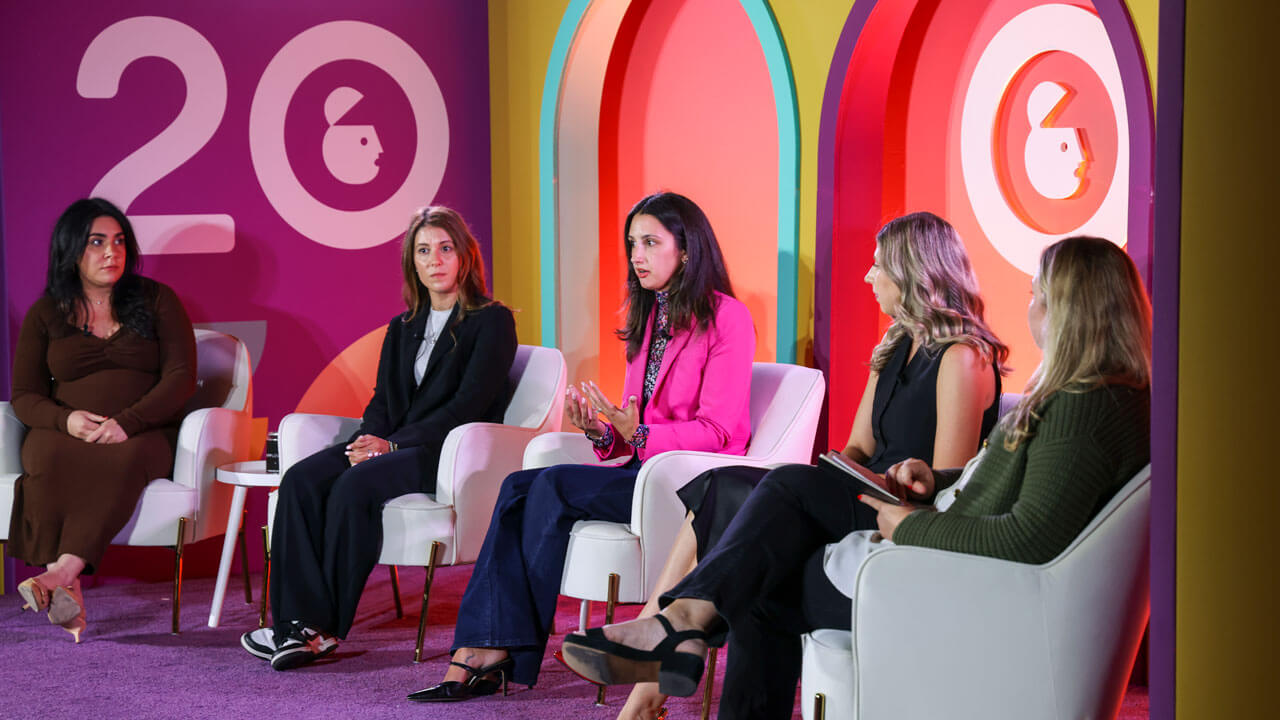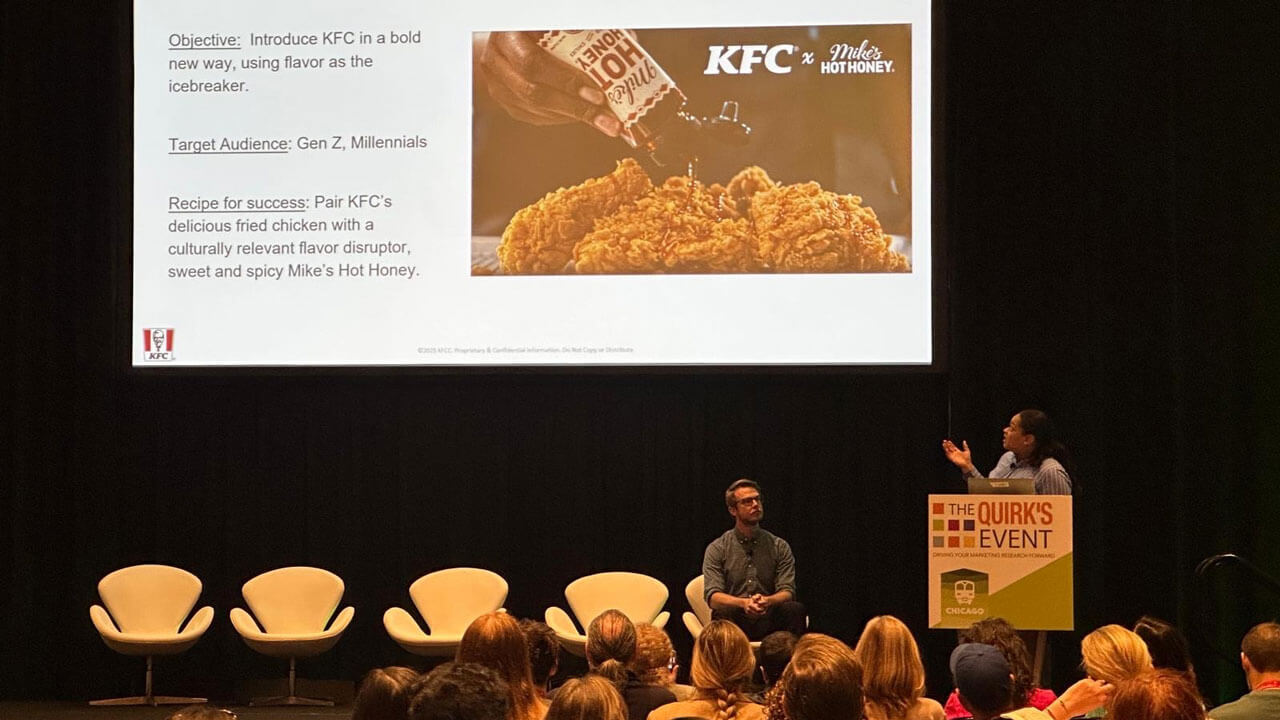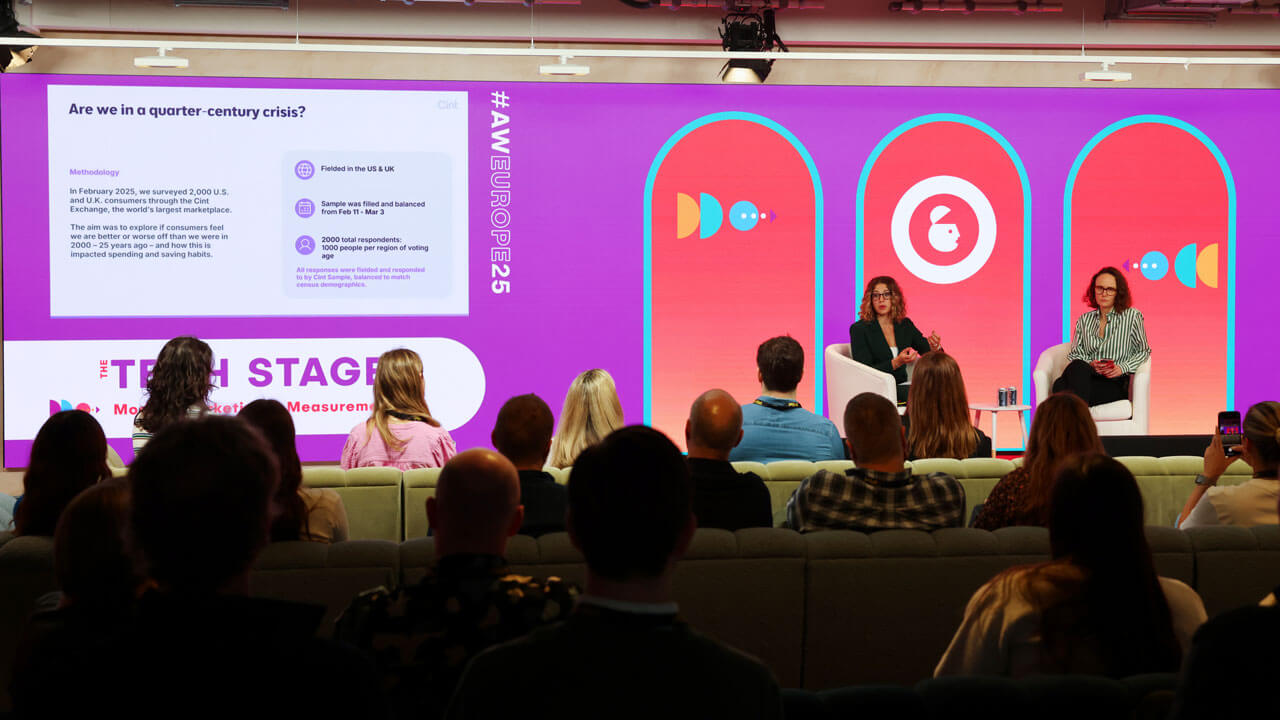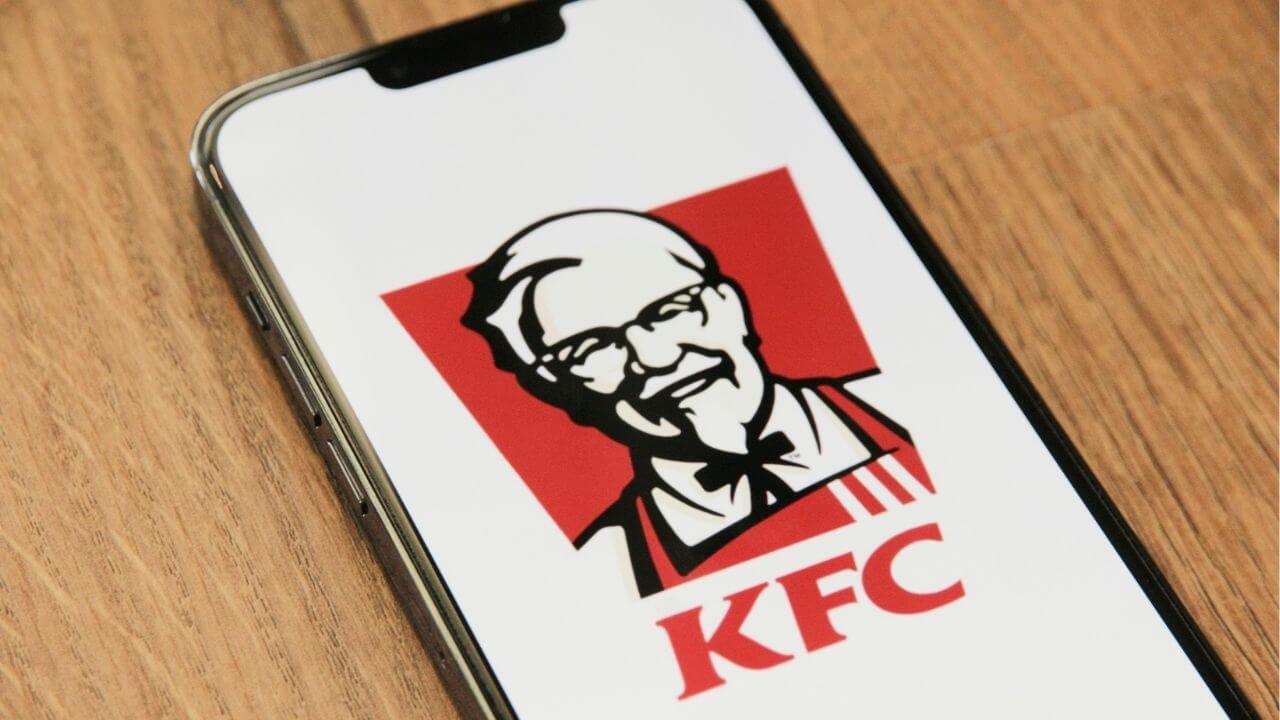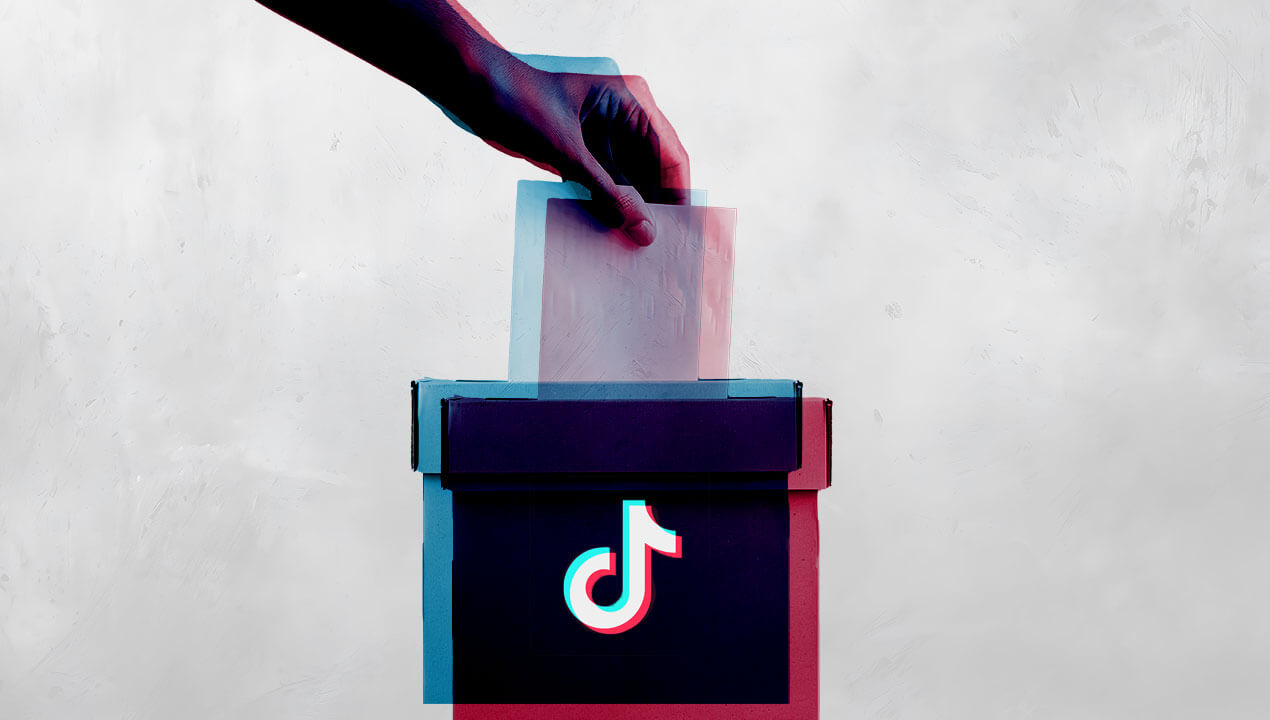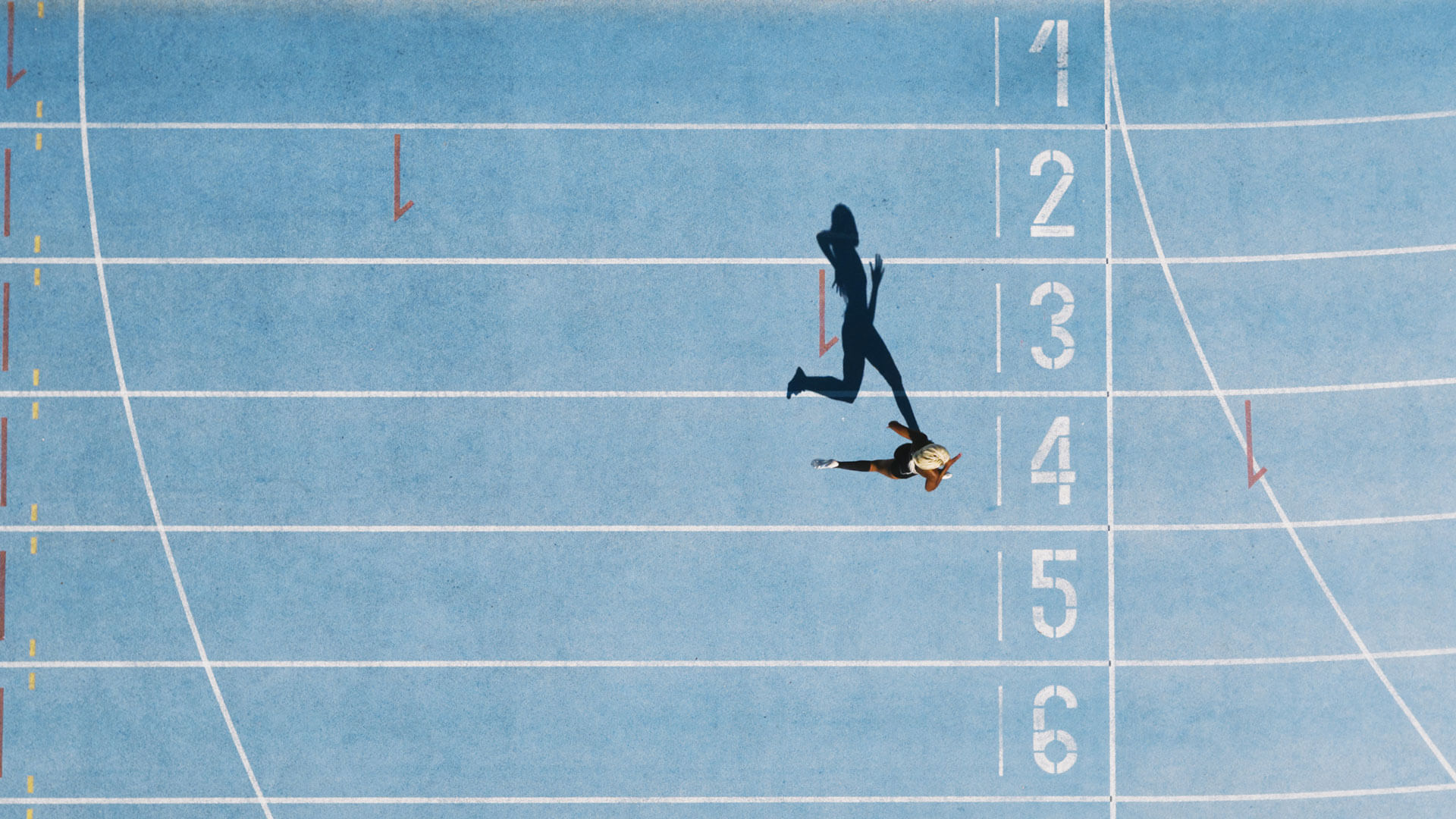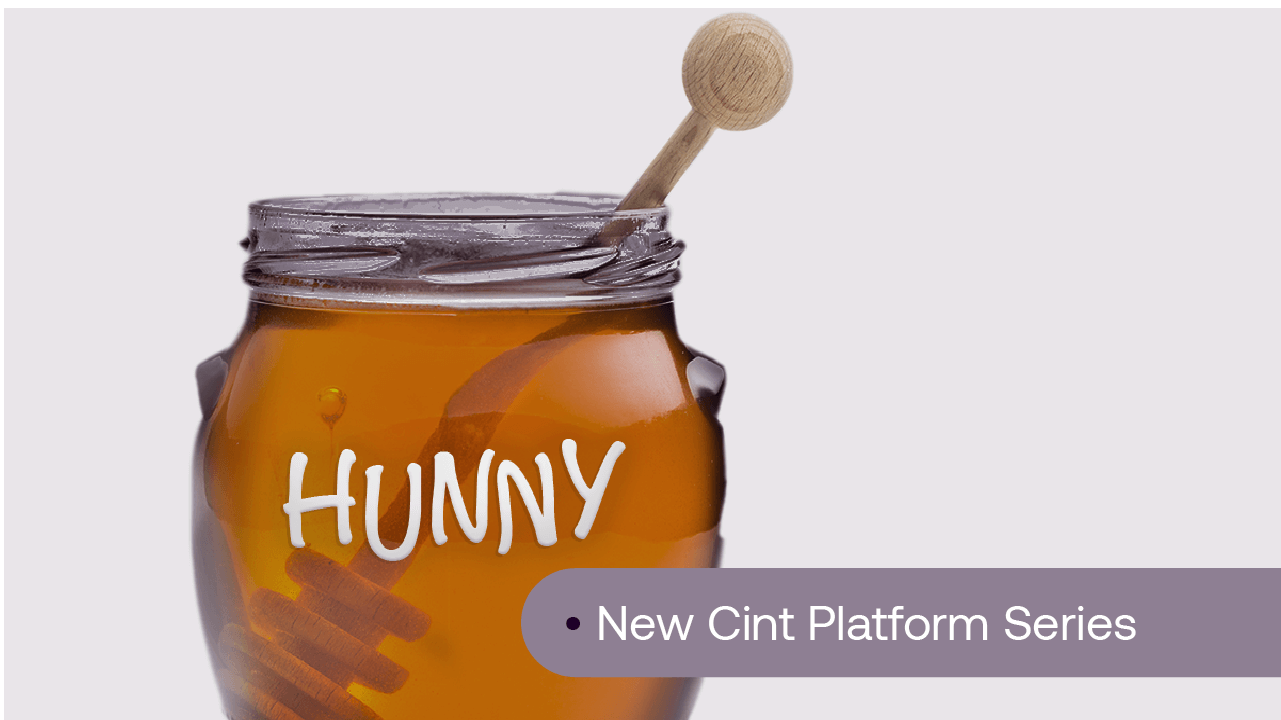Walk down any British high street at this time of year and you’ll likely encounter a poppy seller or two.
In the build-up to Remembrance Day (11th November, marking the end of the First World War), people of all ages pop a poppy on their coat to show their respect. As living links to the early decades of the 20th century become fewer and fewer, Remembrance Day also becomes a way to think about how war impacts us here in the present.
Using CintSnap — a way to survey individuals and understand opinions quickly — we conducted a poll with approximately 300 people in the UK to ascertain just how popular the poppy is in 2024.
Commemorative choices
The Royal British Legion — a charity that seeks to offer support to serving members and veterans of the British Armed Forces — have been manufacturing and selling poppies since 1922 as part of their ongoing campaign to commemorate the lives of those who died in war.
For over a century, then, the poppy has played a central role in how the nation commemorates the fallen and how we choose to remember the impacts and legacies of conflicts and wars around the world.
But how well does the idea of buying and wearing a poppy sit with people in 2024?
According to Cint respondents, the answer is clear. 80% of those surveyed say that it’s highly likely or likely that they’ll wear one to mark Remembrance Day, 2024. Just 16% won’t be doing so this year.
The majority of those surveyed (51%) say that over the past decade they’ve worn a poppy every single year. A quarter wear them most years, while slightly over one in ten (12%) haven’t bought or worn a poppy in the past 10 years.
Wearing a poppy isn’t the only way to partake in Remembrance Day. Over half (54%) of respondents will respect the minute’s silence at 11 am, Monday 11th November.
Other notable ways for Cint’s audience to mark the occasion include:
- Making a charitable donation (35%)
- Reflecting with family and friends (24%)
- Attending a remembrance ceremony (20%)
Public pressures
In the British collective consciousness, poppies and controversy go together like fish and chips or Posh and Becks.
Over the years, numerous public figures including former newsreader Jon Snow and Normal People heartthrob Paul Mescal have faced criticism over their decision to not don a poppy when appearing on television.
Nearly three quarters (74%) of respondents agreed with the statement that public figures (including but not limited to TV presenters and sports personalities, for example) should have to wear a poppy.
Asked if a public figure’s choice to not put a poppy on had any impact on their perception of that figure, around a third of those surveyed (30%) said it had — for the worse.
Conversely, exactly a third of respondents have had their stance on a public figure changed for the better due to that person wearing a poppy when appearing on television or in another broadcast capacity.
Not everyone’s so pro-poppy in a public setting, though. A fifth of respondents say that the decision to eschew the poppy has had a positive effect on how they perceive celebrities or other known entities.
What’s the problem?
It isn’t just footballers, politicians or pop stars who have to make a choice about whether or not to slip a poppy into their lapel when November rolls around.
In the same way that an individual has reasons to slip a few quid in the donation tin and wear a poppy down the pub or in the park, there are myriad factors that determine why someone might decide to opt out of donning one in the days and weeks before Remembrance Day.
For 18% of our respondents who have made the choice to opt out of buying and/or wearing a poppy, personal reasons were at the top of the agenda. Environmental concerns — despite the Royal British Legion’s semi-recent move towards a more sustainable approach to poppy manufacturing — were important to 13% of those surveyed, while 8% of those questioned cited political reasons as their primary motivator for passing up on the poppy.
Conclusion
While they have the potential to be divisive, the poppy clearly still matters to a lot of people.
Think the poppy is a simple way of paying one’s respects? Or do you tend to politely pass on them?
Join the conversation on our LinkedIn page.
Methodology
A ‘CintSnap’ is a snapshot into the minds of general consumers. The data featured was pulled using the Cint platform and leverages Cint’s programmatic research tech. A census demographic of approximately 300 people in the United Kingdom were surveyed for each question within a 3 hour window on the 4th November, 2024.
Cint’s research technology helps our customers to post questions and get answers from real people, in real time – and to use these insights to build business strategies, publish research, and accurately measure the impact of advertising efforts. Find out more here.
